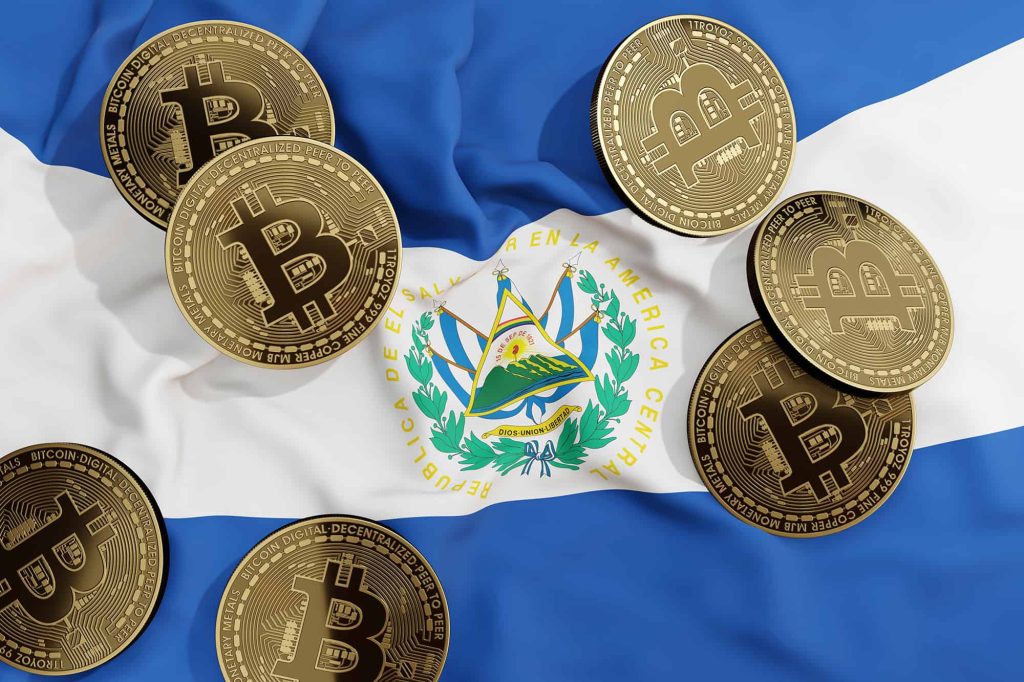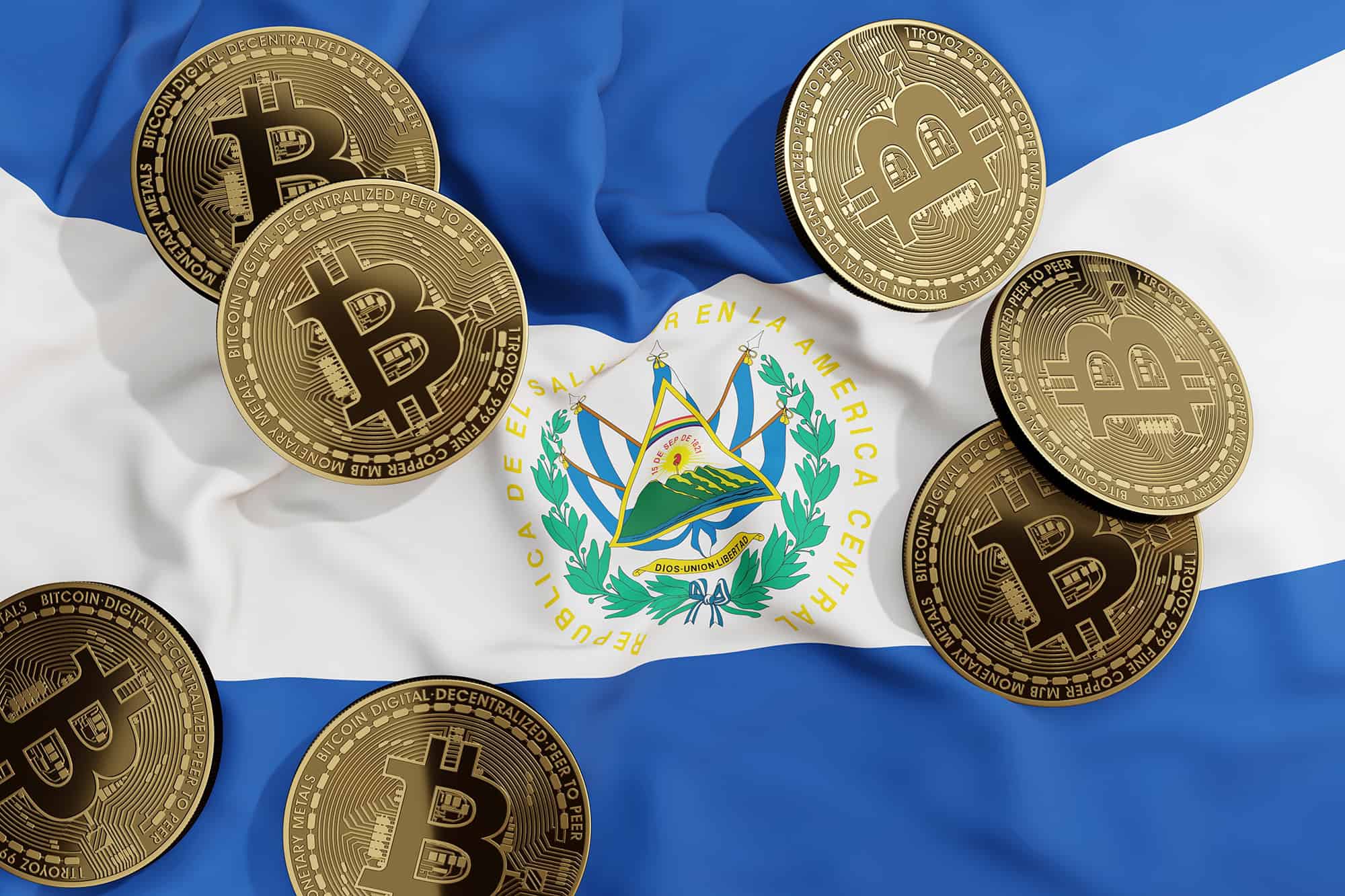
El Salvador’s Bitcoin Evolution: A Story of Adaptation
El Salvador, known for its bold stance as the first country to embrace Bitcoin as legal tender in 2021, has recently reshaped its Bitcoin policy landscape. These changes, like a sculptor refining a masterpiece, are part of a larger canvas painted in collaboration with the International Monetary Fund (IMF) to secure a hefty $1.4 billion loan. The aim? To tame the wild currents of Bitcoin’s volatility and bring order to the chaotic seas of financial regulation.
Unveiling the Canvas
In a tale that began in September 2021, El Salvador’s President Nayib Bukele embarked on a brave quest to integrate Bitcoin into the country’s financial tapestry, alongside the steadfast U.S. dollar that had anchored its economy since 2001. This endeavor was not merely a brushstroke but a grand vision to lure foreign investors, usher in economic modernity, and offer financial lifelines to countless Salvadorans left adrift without access to traditional banking.
However, this masterpiece faced formidable obstacles—a chorus of doubt from the locals and technical hitches in the government-backed Chivo Wallet providing a haunting backdrop.
Shifting Tides in Bitcoin Policy
- Embrace of Voluntary Adoption: Businesses and individuals are now free to choose whether to dance with Bitcoin, no longer bound by obligation. This change mirrors the IMF’s counsel to navigate the treacherous waters of potential financial pitfalls tied to mandatory Bitcoin usage.
- Renaming the Role: While Bitcoin retains its “legal tender” status, it sheds the weighty cloak of being labeled a “currency.” This transformation signifies a departure from treating Bitcoin as a formal tender, akin to the sturdy U.S. dollar.
- Ban on Tax Connections: The once golden key of Bitcoin to unlock tax payments and governmental debts has been rusted shut. All fiscal dues are now settled in the reassuring embrace of U.S. dollars, heeding the IMF’s wisdom to lessen financial perils.
- Farewell to Chivo Wallet: The government bids a gradual farewell to the intertwined fate with the Chivo Wallet, a digital vessel meant to navigate Bitcoin transactions. This journey marks a step towards aligning digital asset protocols with global standards.
Motivating Forces Behind the Roadmap
The compass guiding these changes points to El Salvador’s quest for IMF’s financial life support. The $1.4 billion pact comes with stipulations crafted to veil the potential pitfalls of the Bitcoin odyssey. By setting Bitcoin free as a voluntary player and rescinding its forced mandate as legal tender, El Salvador pilots through the storm to reassure financial stability and court investor trust.
Ripple Effects on the Economic Seas
Despite the initial enthusiasm, the impact of Bitcoin on El Salvador’s economy has been akin to a gentle ripple in a vast ocean. A recent chronicle unveils that a staggering 92% of Salvadorans kept their distance from Bitcoin transactions in 2024, painting a picture of the challenges in broadening its embrace. The economy sails on the solid winds of the U.S. dollar, with Bitcoin’s capricious valor dissuading its use in trade.
The Dawn of Bitcoin in El Salvador
Though El Salvador has retouched its Bitcoin script, the commitment to this digital currency endures like a beacon on a stormy night. The nation continues to hoard Bitcoin in its reserves, hoping for a silver lining. Yet, the future of Bitcoin’s narrative in the country rests on the unpredictable tides of the economy and the administration’s prowess in steering through financial storms.
The Final Brushstroke
El Salvador’s decision to reshape its Bitcoin narrative reflects a wise approach in navigating financial perils while holding onto the cryptocurrency dream. These changes form a thread in a grand tapestry woven to secure IMF’s embrace and anchor stability in the economic realm. As the world watches this compelling saga unfold, the international gaze will be fixed on the ripple effects of these policy metamorphoses.

